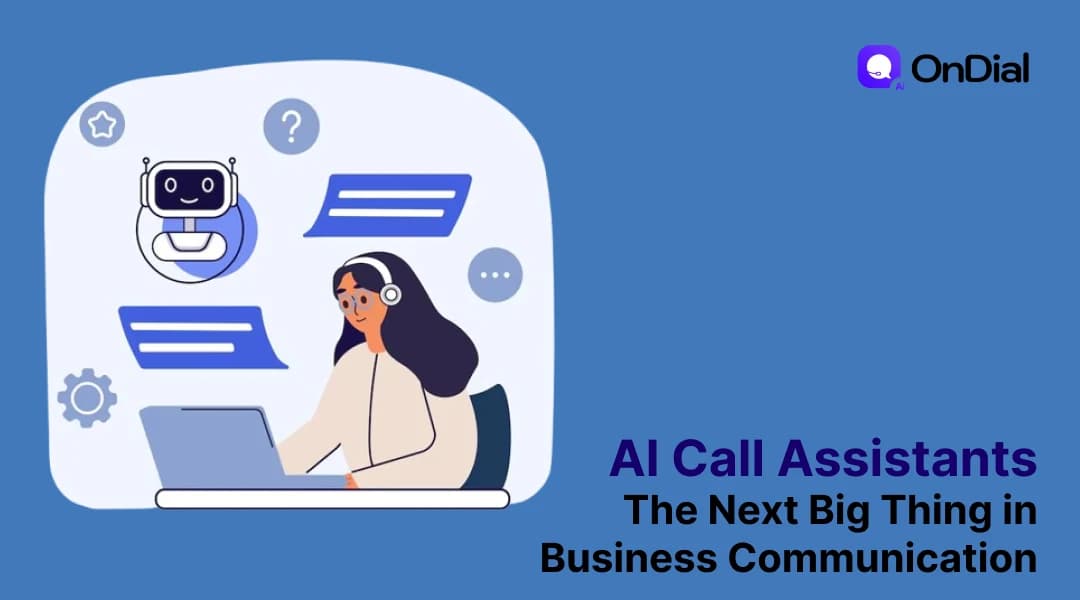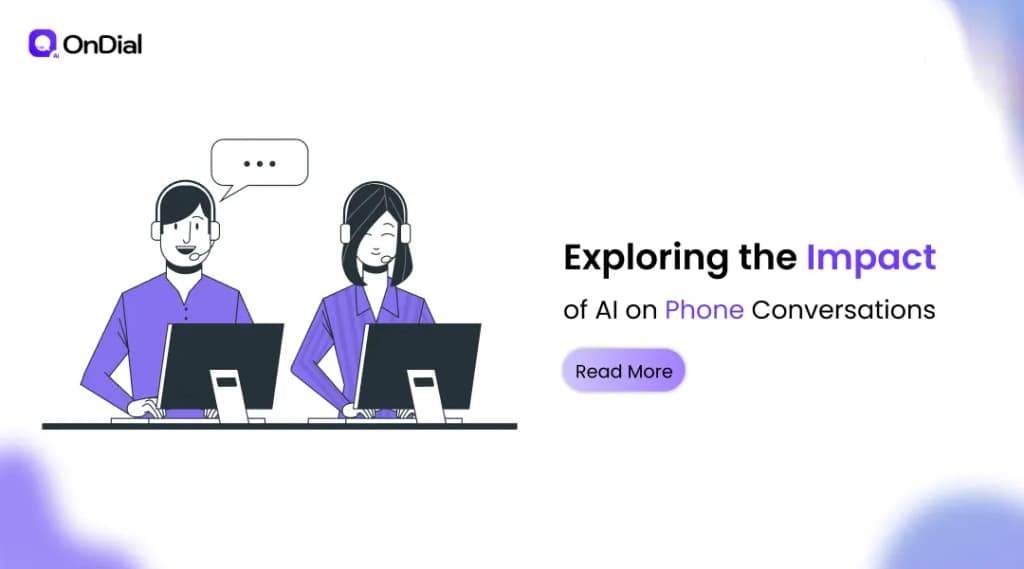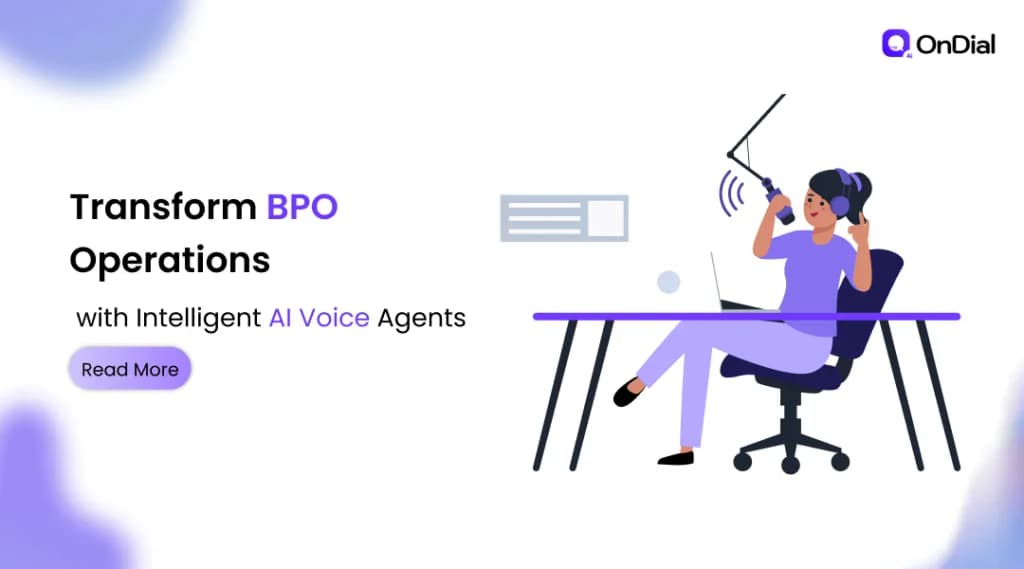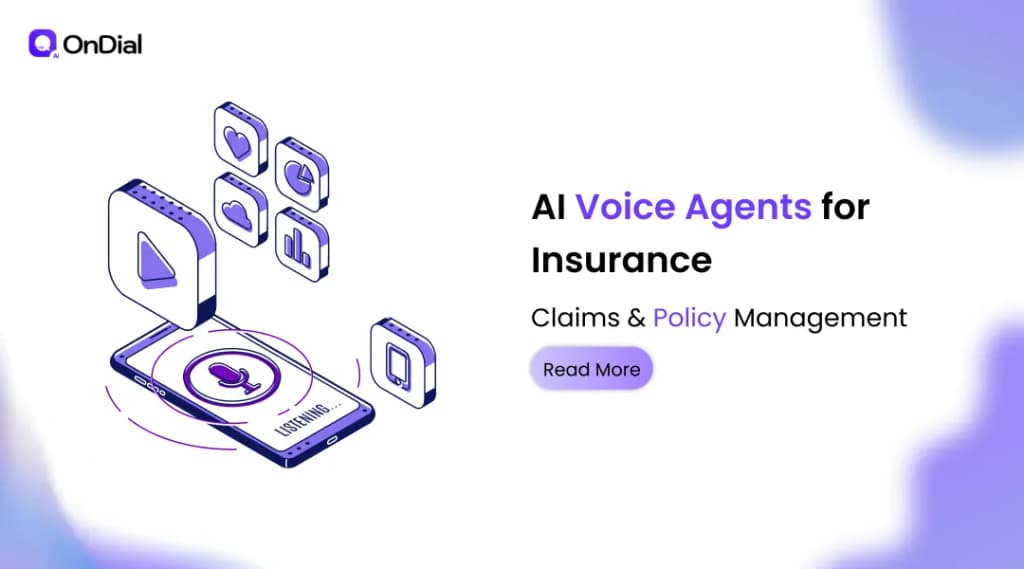Let me be blunt: most businesses think AI call assistants are magic wands. They’re not. They won’t replace your entire customer support team overnight. But, if implemented correctly—they can cut your workload in half, make clients happier, and free your team to focus on actual problem-solving instead of repeating the same scripts over and over.
I’ve spent over a decade observing businesses fumble through automation hype. I’ve seen tools that promise the moon and deliver a crater. But do AI call assistants? They are different. When done right, they solve real communication problems. That’s why I’m writing this guide—not to sell you fluff, but to give you clarity.
What is an AI Call Assistant?
Definition and Core Features
Think of an AI call assistant as a digital team member who never sleeps, never complains, and can talk to hundreds of customers simultaneously. Its main features usually include:
- Handling inbound and outbound calls
- Natural conversation understanding (not robotic prompts)
- Personalized responses based on customer data
- Integration with CRM, calendars, and other business tools
Yes, it talks. Yes, it understands context. And yes, it can actually reduce customer frustration rather than add to it.
How It Differs from Traditional Call Centers
Traditional call centers are human-heavy, expensive, and prone to fatigue-induced mistakes. AI call assistants:
- Don’t take breaks or holidays
- Handle repetitive tasks instantly
- Scale without proportionally scaling costs
- Free human agents for nuanced problem-solving
Here’s a kicker: while humans excel at empathy, AI excels at consistency. Together? Deadly efficient.
How AI Call Assistants Work
Speech Recognition & Natural Language Processing
Ever noticed how Siri or Google Assistant struggles when you mumble? A good AI call assistant doesn’t. It uses speech recognition algorithms to transcribe calls accurately and NLP to understand meaning, intent, and emotion.
Machine Learning in Call Handling
The assistant learns from every interaction. Missed a detail? It remembers for next time. Repetitive complaints? It finds patterns. Over time, your AI becomes sharper and more aligned with your specific business needs.
Integration with CRM and Other Business Tools
The AI doesn’t exist in a silo. It pulls data from your CRM, updates records automatically, and even schedules follow-ups. Imagine a receptionist who never forgets a name, a client preference, or a past complaint—now scale that to hundreds of calls.
Benefits of AI Call Assistants for Businesses
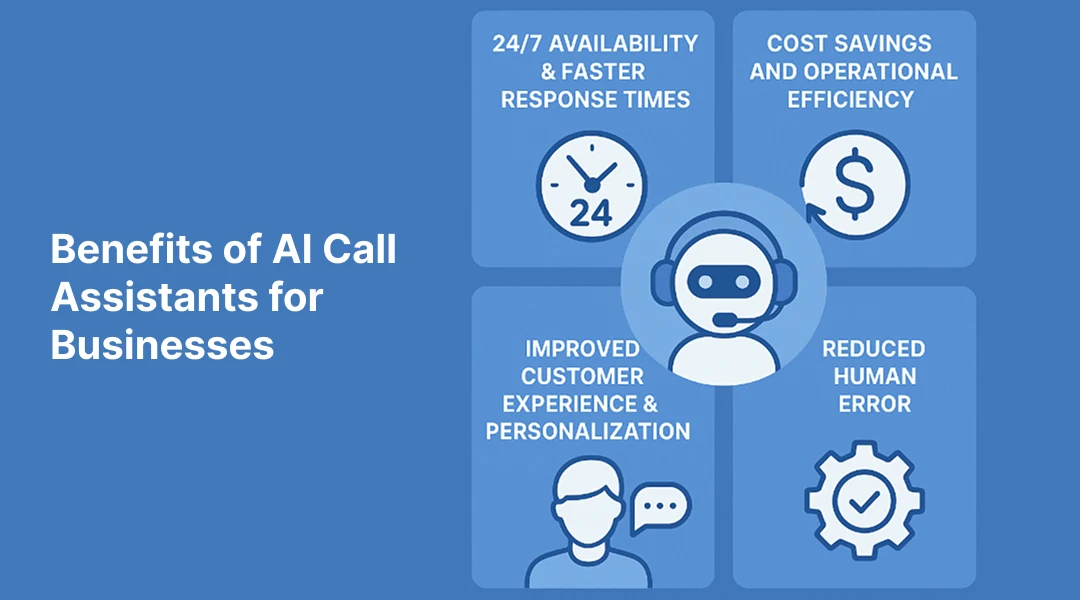
24/7 Availability & Faster Response Times
Your customers don’t work 9–5. And neither should your support. AI call assistants handle queries round the clock, ensuring no customer goes unanswered.
Cost Savings and Operational Efficiency
Fewer human hours spent on repetitive tasks = lower costs. AI scales without doubling salaries, benefits, or infrastructure.
Improved Customer Experience & Personalization
With access to prior interactions, AI can greet customers by name, reference past issues, and even anticipate questions. People notice. People remember.
Reduced Human Error
No dropped calls. No forgotten information. No angry customers because someone misread a note. AI doesn’t get tired or distracted.
Use Cases Across Industries
E-commerce and Retail
Handling order confirmations, cancellations, and shipping queries. AI can even upsell based on purchase history.
Healthcare & Clinics
Scheduling appointments, reminding patients about check-ups, answering FAQs about procedures or insurance.
Real Estate
Qualifying leads, scheduling property visits, and providing basic property details instantly.
Finance and Banking
Balance inquiries, fraud alerts, appointment booking, or loan application assistance—all without putting your customers on hold for 20 minutes.
Challenges & Considerations
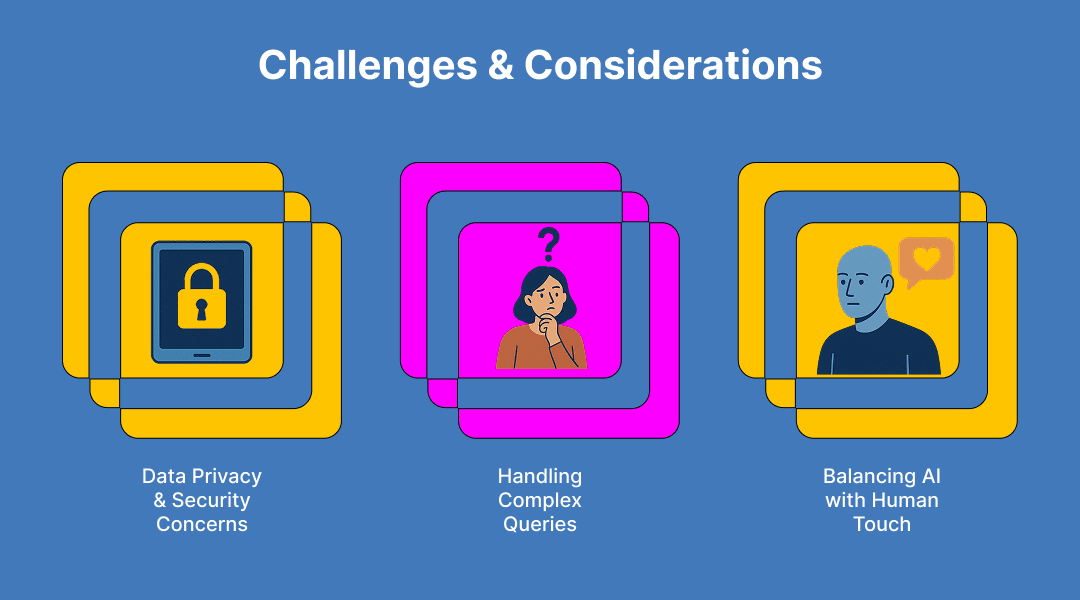
Data Privacy & Security Concerns
AI handles sensitive customer information. Always ensure your vendor complies with local and global data protection standards (like GDPR or India’s PDP Bill).
Handling Complex Queries
AI excels at standard questions but can falter on complex or emotionally charged situations. Human escalation paths are essential.
Balancing AI with Human Touch
The goal isn’t to replace humans completely. It’s to amplify human capabilities, letting agents focus on what they do best: nuanced, empathetic problem-solving.
Choosing the Right AI Call Assistant
Key Features to Look For
- Multilingual capabilities
- CRM integration
- Advanced NLP and sentiment analysis
- Call analytics and reporting
Pricing and Scalability
Avoid per-call pricing traps. Look for solutions that scale with your business and align with ROI expectations.
Vendor Comparison Tips
Check references, request demos, and evaluate ongoing support. The best AI vendors act like partners, not just software providers.
Future of AI in Business Communication
Trends to Watch
- Emotionally intelligent AI
- AI that predicts customer needs before they ask
- Cross-channel communication integration
Impact on Customer Service Jobs
AI won’t kill jobs—it will redefine roles. Agents become consultants and problem solvers, while AI handles repetitive interactions.
Predictions for the Next 5 Years
- AI assistants handling the majority of first-level support
- Increased personalization across industries
- Stronger regulatory frameworks ensuring data safety
Conclusion
AI call assistants are not hype—they’re a practical tool for smarter communication. They save money, improve customer experiences, and give teams the bandwidth to focus on strategic work. Implemented thoughtfully, they are partners in building trust, efficiency, and growth.
